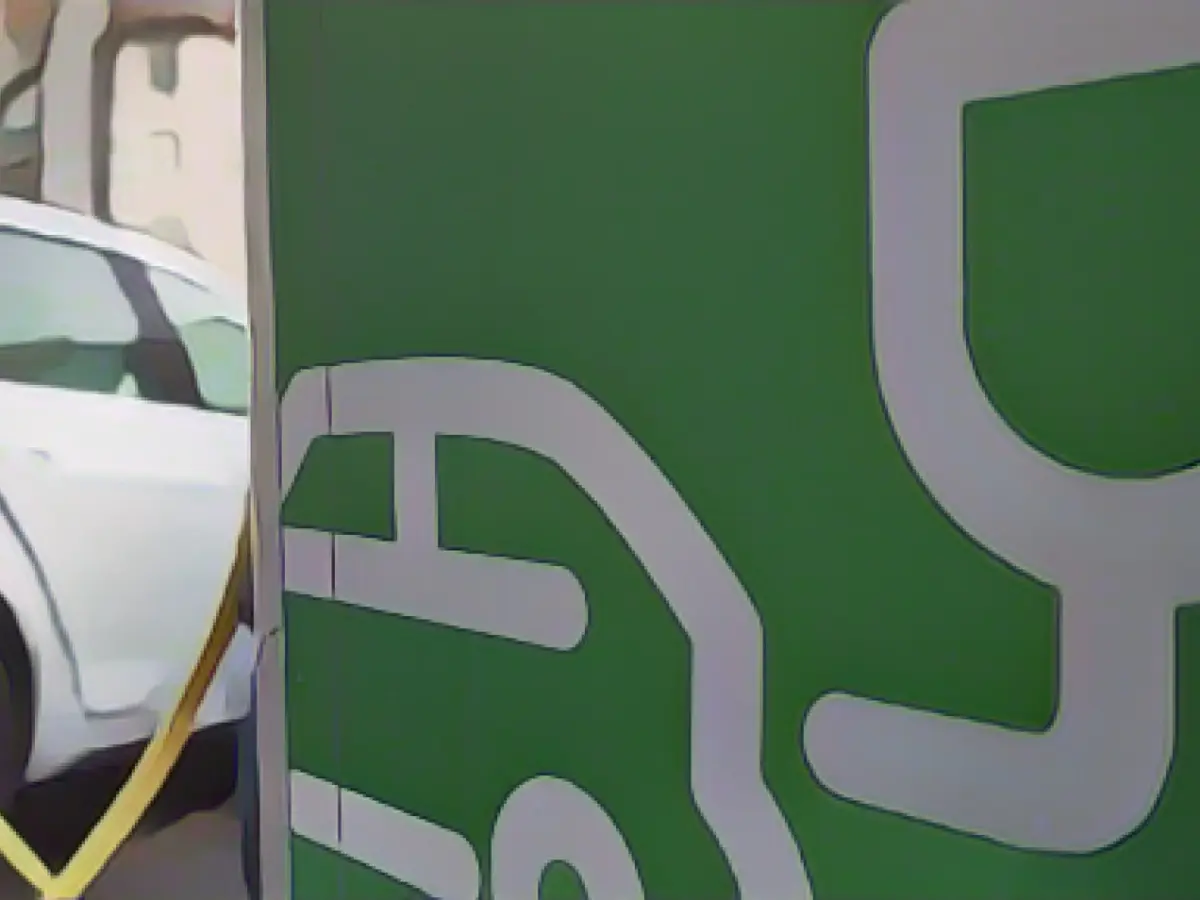Budget Troubles and Citizen's Income: A Thorny Issue
Let me just put it out there – the ongoing conversation about increasing the citizen's income has me scratching my head in disbelief. It feels like I'm being pushed to write a grumpy old leftist rant, reminiscent of the former East German magazine "Neues Deutschland". Thanks, Markus Söder, for shoving me in this corner.
The weekend provided some revelations – Bavarian Minister President Söder joined the chorus of voices led by CDU Chairman Friedrich Merz and FDP Secretary-General Bijan Djir-Serai. They all agreed that the proposed hike in the citizen's income is no longer affordable.
Why the budgetary panic, you ask? Blame it on the harsh ruling handed down by Karlsruhe, forcing the state to slice about 17 billion euros from its planned budget for the upcoming year. This grim reality doesn't leave many options on the table: no more loans and no tax increases, especially considering the promises made to FDP voters by none other than Christian Lindner. That leaves the recipients of citizens' allowance, dear souls, out in the cold.
So, the chancellor shows due respect, but his purse strings grow tighter by the day. The meager crumbs left to distribute have already been earmarked for others.
What about the chip companies, you wonder? The German government had to offer them roughly ten billion euros to lure them into setting up semiconductor plants in the country. What about all the households that will soon be forced to shell out for expensive heat pumps due to Albrecht Habeck's heating law? What gives? Should we potentially sacrifice their benefits to secure citizens' income increase?
61 euros doesn't equate to much of a boost – just an extra two euros a day. The reality is that this increase, which will bring the total daily rate to 18 euros, pales in comparison to the costs it would bring for the state. The exact toll? Four and a half billion euros each year. It's like plugging a quarter of the deficit gap with a single move.
Basically, we need to weigh proportionality. Sixty-one euros might not be much, but what about the individuals and families who stand to gain? Should they be neglected so the state can cautiously tread around the aid given to the affluent few?
But don't fret; there's always room for adjustment, provided it's within the legal bounds. Delaying the increase is an option, as is making more demands. The question of citizens from Ukraine gaining immediate access to aid also merits discussion.
However, the topic of proportionality shouldn't be limited to the mere pittance given to the disadvantaged. Let's explore the reality that 1.5% of the German population controls a staggering 3,600 billion euros. Deadbeat rich, anyone?
Alas, our hands remain tied despite the injustice. Squeezing budgets and stingily doling out scraps for the poorest seems to be the only way forward, apparently.
Related:
- The current political landscape in Germany, with figures such as Friedrich Merz and Markus Söder pushing for fiscal responsibility, has led to the debate surrounding the citizen's income increase.
- Pressure to make cuts in areas such as the proposed citizens' income raise stems from a significant budget deficit, which poses a challenge for some political leaders like Friedrich Merz in maintaining their positions and satisfying voter demands.
- Critics, like those from the Alternative for Germany party, argue that increasing the citizens' income while the fiscal crisis persists and continues to affect a large portion of the population might not be the best strategy, given the country's current economic realities[1].
Source:
Enrichment Insights:
- Tino Chrupalla, leader of the Alternative for Germany party, has voiced opposition to the citizen income initiative, as he sees it as benefiting too many individuals, including refugees from Ukraine, who have not contributed to the social security system. He advocates for a reevaluation of the criteria determining eligibility for social benefits[1].
- Friedrich Merz, the CDU party's potential chancellor candidate in Germany's upcoming federal election, emphasizes the necessity of potential savings, growth, and real budget restructuring before considering a loosening of debt constraints, reflecting the CDU's official stance on preserving the debt brake[2].
- Critics of the citizen income initiative argue that increasing the benefit might strain the country's fiscal policy and exacerbate the budget deficit. They suggest a discussion centering on prioritizing targeted assistance and stricter regulations to ensure the efficient distribution of aid[1].






